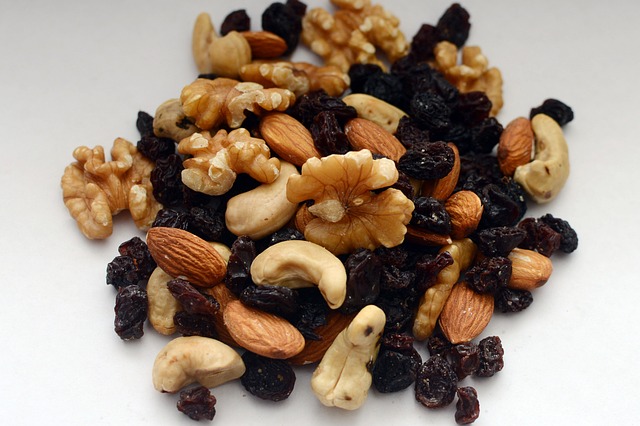The thyroid gland plays a crucial role in regulating metabolism, energy levels, and overall well-being. When it comes to managing thyroid health, diet plays a significant role. Certain nutrients can support thyroid function, while others may hinder it. In this comprehensive guide, we’ll explore the best dietary practices to support thyroid health naturally.
Understanding Thyroid Function
Before delving into dietary recommendations, it’s essential to understand the role of the thyroid gland. Located in the neck, the thyroid produces hormones that regulate metabolism. These hormones influence various bodily functions, including heart rate, body temperature, and energy levels. When the thyroid gland doesn’t function optimally, it can lead to health issues such as hypothyroidism or hyperthyroidism.

Nutrients for Thyroid Health
Iodine
Iodine is a crucial nutrient for thyroid function as it is a key component of thyroid hormones. However, excessive iodine intake can also be problematic for thyroid health. Good dietary sources of iodine include seaweed, iodized salt, dairy products, and seafood.
Selenium
Selenium is essential for the conversion of thyroid hormone thyroxine (T4) to its active form triiodothyronine (T3). Selenium-rich foods include brazil nuts, seafood, eggs, and sunflower seeds.
Zinc
Zinc plays a role in thyroid hormone production and regulation. Foods rich in zinc include meat, shellfish, legumes, nuts, and seeds.
Iron

Iron deficiency can impair thyroid function and contribute to hypothyroidism. Incorporate iron-rich foods such as lean meats, poultry, fish, legumes, and leafy green vegetables into your diet.
Vitamin D
Vitamin D deficiency has been linked to thyroid disorders. Get adequate sun exposure and consume vitamin D-rich foods like fatty fish, fortified dairy products, and egg yolks.
Omega-3 Fatty Acids
Omega-3 fatty acids have anti-inflammatory properties and may help reduce inflammation associated with thyroid disorders. Sources include fatty fish like salmon, walnuts, flaxseeds, and chia seeds.

Foods to Limit or Avoid
Goitrogens
Goitrogens are substances that can interfere with thyroid function by inhibiting iodine uptake or interfering with thyroid hormone production. Foods high in goitrogens include cruciferous vegetables like broccoli, cabbage, kale, and Brussels sprouts. Cooking these vegetables can help reduce their goitrogenic effects.
Processed Foods
Processed foods often contain unhealthy fats, refined sugars, and additives that can contribute to inflammation and disrupt thyroid function. Limit your intake of processed snacks, sugary beverages, and fast food.
Soy Product
Soy contains compounds called isoflavones that may interfere with thyroid hormone production. While moderate consumption of soy foods is generally safe for most people, individuals with thyroid disorders may want to limit their intake.
Gluten
Some individuals with thyroid disorders may have sensitivity to gluten, a protein found in wheat, barley, and rye. Consider reducing or eliminating gluten-containing foods from your diet to see if it improves your symptoms.
Excessive Iodine
While iodine is essential for thyroid health, excessive intake can be harmful, especially for individuals with certain thyroid conditions. Avoid overconsumption of iodine-rich foods and supplements unless specifically advised by a healthcare professional.
The Importance of Balance
Achieving a balanced diet is key to supporting thyroid health. Focus on whole, nutrient-dense foods while limiting processed and inflammatory foods. Listen to your body and pay attention to how different foods make you feel. Consulting with a healthcare provider or registered dietitian can also provide personalized guidance based on your individual needs and health status.
Lifestyle Factors
In addition to diet, certain lifestyle factors can also impact thyroid health. Getting regular exercise, managing stress, prioritizing sleep, and avoiding smoking and excessive alcohol consumption can all contribute to overall well-being and support thyroid function.
Conclusion
Diet plays a crucial role in supporting thyroid health naturally. By incorporating nutrient-rich foods while minimizing or avoiding those that may hinder thyroid function, you can nourish your thyroid gland and promote overall well-being. Remember to prioritize balance, listen to your body, and seek guidance from healthcare professionals when needed. With the right approach, you can optimize your diet to support a healthy thyroid and improve your quality of life.













